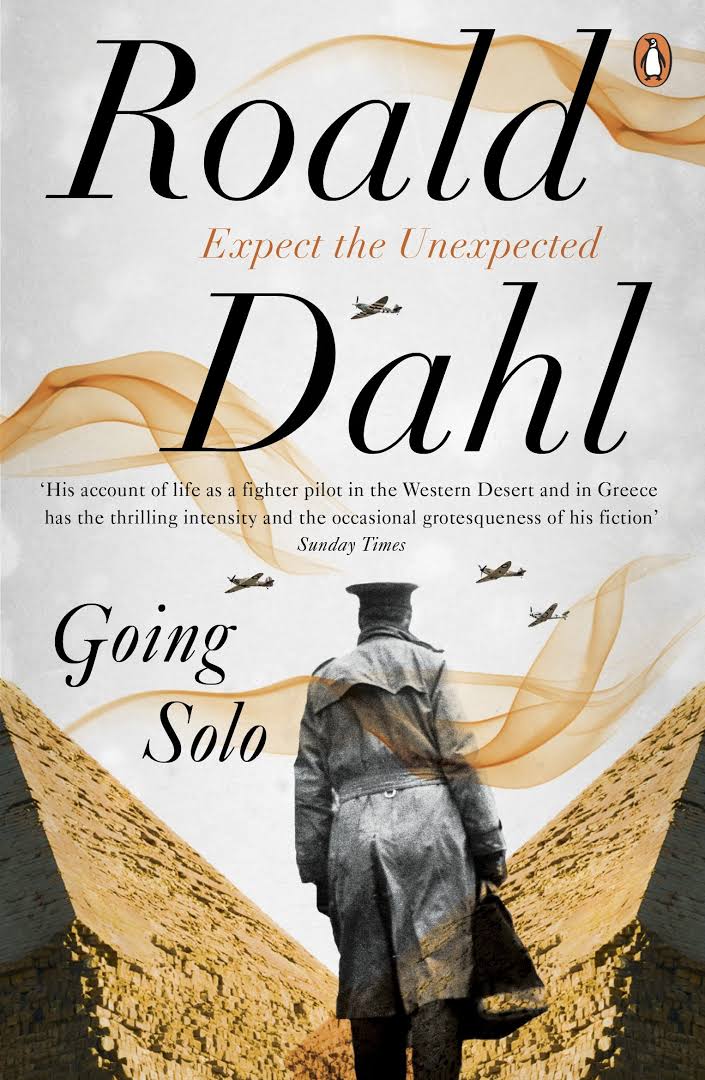Colonial LIFE:
The first example of learning
Swahili I had come across was in Roald Dahl’s autobiography, ‘Going
Solo’, the first part of
which describes his time working for Shell in Dar es Salaam. He wrote, in
bracingly colonial terms:

“The first thing you had to do when you came to work was learn Swahili… otherwise you could not communicate with any other native of the country. Swahili is a relatively simple language, and with the help of a Swahili-English dictionary and a grammar book, plus some hard work in the evenings, you could become pretty fluent in a couple of months.”
1. Eton - Latin, Greek
His strongest subjects were Latin, Greek, French and English.
Orwell, who was greatly inspired by Huxley’s works, said that Aldous Huxley (who became famous later with Brave New World) was not a good teacher but was a brilliant speaker and had extensive knowledge of French.
1.1. Towards colonial life ....
Excerpt
Orwell left Eton in December 1921. He had applied to join the Indian Imperial Police and was coached for the competitive entrance examination. The results were published on 23 November 1922.
He had come seventh of twenty-nine successful applicants obtain-ing 8,464 marks out of a possible 12,400, the pass mark being 6,000. His strongest subjects were Latin, Greek, and English.
2. French in letters
Letter___________ dr cooper 1932 april 26
If you could get me any French or Spanish books to translate into English I would willingly pay you whatever commission you think right, for I like that kind of work.
what about Huysmans? I can’t believe Sainte Lydwine de Schiedam has been translated into English. I also tried to get Faber’s to translate a novel called A la Belle de Nuit, by Jacques Roberti. It is very good but apallingly° indecent, & they refused it on that ground. ... I could also translate old French, at least anything since 1400 A.D.
Twenty letters and postcards exchanged between Orwell and René-Noël Raimbault regarding the translation of Down and Out in Paris and London into French.... All but two of the letters are in French.
Cher Monsieur Rimbault, october 34
I will reply to you in French, hoping that you will forgive my grammatical errors.It has been a few years since I lived in France and although I tend to read French books I am not able to write your language very accurately. When I was in Paris people always said to me ‘You don’t talk too badly for an Englishman, but you have a fantastic accent’. Unfortunately I have only kept the accent. But I will do my best
Excerpt From: "Orwell, George - A Life in Letters (Liveright, 2013)"
3. In Burma: Hindi, Burmese, and Swag Karen
Orwell arrived in Burma on 27 November 1922.
He learned Hindi, Burmese, and Swag Karen and could converse in fluent ‘very highflown Burmese’ with Burmese priests. He left the post in October 1927.4. -Spanish
(Larkin, 2005)
During WWII he worked for the BBC's Indian Service (based in London). Hindi broadcast
In Homage to Catalonia, he wrote the following:Meanwhile, whenever I could get our lieutenant into a corner, I was clamouring to be instructed in the use of a machine-gun. I used to drag my Hugo's dictionary out of my pocket and start on him in my villainous Spanish:The answer was always a harassed smile and a promise that there should be machine-gun instruction mañana. Needless to say mañana never came.
- 'Yo sé manejar fusil. No sé manejar ametralladora. Quiero apprender ametralladora. Quándo vamos apprender ametralladora?'
(...)
All this time I was having the usual struggles with the Spanish language. Apart from myself there was only one Englishman at the barracks, and nobody even among the officers spoke a word of French. Things were not made easier for me by the fact that when my companions spoke to one another they generally spoke in Catalan. The only way I could get along was to carry everywhere a small dictionary which I whipped out of my pocket in moments of crisis.
No comments:
Post a Comment